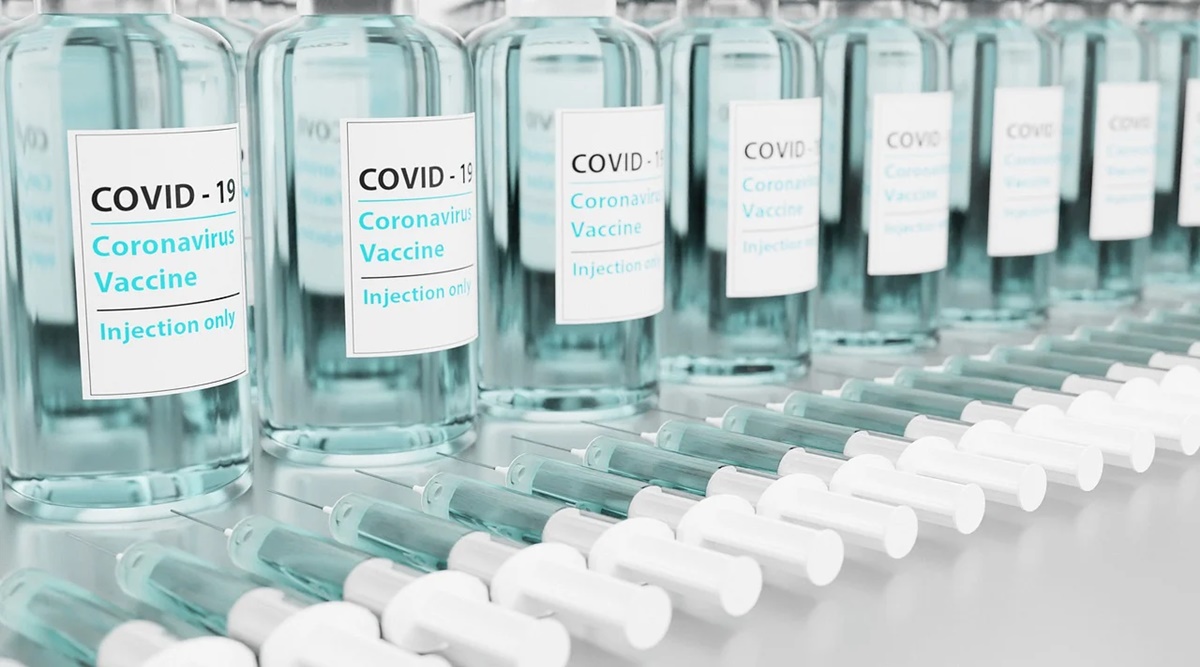Effects of Covid future waves on children are speculations: Doctor

Each child behaves differently, some may become silent while others may express anger and hyperactivity.

Whether future waves of COVID-19 will affect children more or with increased severity are all speculations, a senior paediatrician said on Wednesday.
Praveen Kumar, Director, Department of Paediatrics, Lady Hardinge Medical College, New Delhi said people speculate that future waves may affect children more as most of the adults will be vaccinated in the next few months while there is still no approved vaccine for children at this point in time.
On how the pandemic has affected children’s mental and physical health, Kumar said pandemic can have a severe effect on children’s mental and physical health. They are confined at home for more than a year.
Moreover, illnesses in the family, wage losses for parents have increased stress. Children may express psychological distress (sadness) by acting out in a different way. Each child behaves differently, some may become silent while others may express anger and hyperactivity.
“Caregivers need to be patient with children and understand their emotions. Look for signs of stress in young children, which could be excessive worry or sadness, unhealthy eating or sleeping habits, and difficulty with attention and concentration. Families also need to support children to cope with stress and also allay their anxiety,” he was quoted as saying in a Health Ministry statement.
On whether future waves can affect children more severely, Kumar said COVID-19 is a new virus that has potential to mutate.
“Whether the future waves will affect children more or with increased severity are speculations. People speculate that future waves may affect children more as most of the adults will be vaccinated in the next few months while we do not have any approved vaccine for children at this point in time,” he said.
“Though we don’t know how the virus is going to behave and affect children in the future, we need to protect our children from the contagion,” he stressed.
Adults in the house should follow Covid-appropriate behaviour, and limit their social engagements to reduce the chances of infection as they may carry and transmit the infection to others. Besides, all the adults should take vaccines, which will also protect the children to a great extent.
And now vaccine is available for pregnant women and lactating mothers. This will give a certain degree of protection to the growing foetus and new-born against the deadly infection, Kumar said, according to the statement.
He said that second wave has affected children equally.
“COVID-19 is a new virus and it affects all age groups because we do not have natural immunity against this virus. As per the NCDC/IDSP dashboard, approximately 12% of infected Covid was contributed by patients less than 20 years of age,” he said.
“So far, the mortality rate in children is lower as compared to adults and is usually seen in children with comorbidities,” he stated.
On the challenges that he faced in treating paediatric patients, especially those who required hospitalisation, Kumar said, “Largely we were able to manage children well by increasing number of dedicated beds for Covid-infected children. However, during peak of second wave we faced some challenges as many of senior doctors, resident doctors, staff nurses became positive. We also faced challenges in accommodating all referrals during peak of second wave.”
He further said that the multisystem inflammatory syndrome (MIS) is a new syndrome seen in children and adolescents (0-19 years of age). Most patients report it two to six weeks after the peak of COVID-�19 infections in the affected population.
For establishing the diagnosis of MIS-C, advanced investigations are required. All suspected cases should be referred and managed in a tertiary care hospital with HDU/ICU facility. If identified early, all these cases can be treated.
For all the latest Parenting News, download Indian Express App.
Source: Read Full Article




